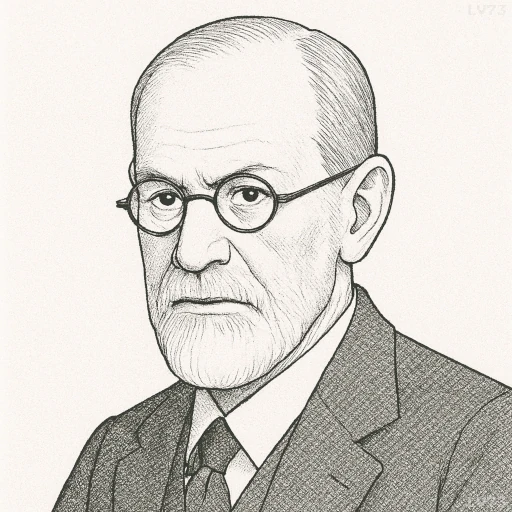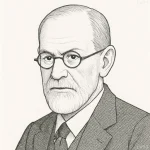“A civilization which leaves so large a number of its participants unsatisfied and drives them into revolt neither has nor deserves the prospect of a lasting existence.”

- May 6, 1856 – September 23, 1939
- Austrian
- Neurologist, Founder of Psychoanalysis
table of contents
Quote
“A civilization which leaves so large a number of its participants unsatisfied and drives them into revolt neither has nor deserves the prospect of a lasting existence.”
Explanation
Freud here delivers a powerful critique of social injustice and systemic failure, arguing that any civilization that alienates and frustrates a significant portion of its people is inherently unstable and morally bankrupt. When widespread dissatisfaction festers—whether due to economic inequality, repression, or lack of meaning—the result is disillusionment, resistance, and eventual revolt. Freud asserts that such a society cannot endure, and perhaps more pointedly, does not deserve to.
This idea is consistent with Freud’s broader view, especially in Civilization and Its Discontents, where he explores the conflict between individual instinctual desires and the demands of social order. He believed that while civilization requires individuals to renounce some personal gratification, there is a limit to how much repression a society can impose before it creates widespread neurosis, resentment, or upheaval. When large groups of people feel excluded, humiliated, or unfulfilled, the foundations of social cohesion begin to crack.
In contemporary terms, Freud’s warning remains highly relevant. Societies marked by systemic inequality, political disenfranchisement, or cultural marginalization often experience rising unrest, polarization, or revolution. The quote serves as a reminder that a sustainable civilization must not only impose order but also cultivate dignity, inclusion, and psychological satisfaction for its members. Freud’s insight challenges both leaders and citizens to recognize that the health of a civilization depends not just on power or progress, but on the well-being of the many, not just the few.
Would you like to share your impressions or related stories about this quote in the comments section?

